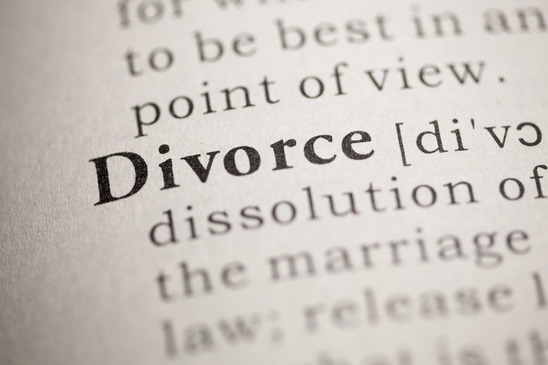More than 75 percent of Americans have a social media profile. Some users lay their feelings and daily activities bare on these websites, giving anyone with an Internet connection access to their personal lives.

Family lawyers have clued into the value that Facebook and other social networks have as evidence in divorce proceedings. In fact, as Netscape explains, photos, status updates and other content on Facebook is cited as evidence in 66 percent of divorce cases.
If you are facing divorce, it is critical that you do not post content on the Internet that your spouse or his or her divorce attorney could use as evidence against you. In fact, it may be wise to disable your social media profiles until your divorce finalizes.
These types of evidence may be admissible in court:
- Photographs;
- Status updates;
- Information on professional networks;
- And dating website profiles.
If your marriage is ending in Arizona, turn to the Zachary Law Group, P.L.C. Steven Zachary is a divorce attorney in Chandler who will passionately and aggressively protect your interests.
Call 480-389-3533 to schedule a free case evaluation. You can also learn about divorce laws by visiting www.USAttorneys.com.
Here is a brief overview of four types of social media evidence that may be admissible in court:
- Photographs
Online images of you or your kids, even if others post them, are usually admissible in court. As the saying goes, “A picture is worth a thousand words,” and a photo on Facebook can be used as evidence against you in child custody proceedings if:
- It puts your mental health in question;
- It can be used to prove that you misled the court to cause an unnecessary delay;
- It can be used as evidence of domestic violence or child abuse;
- Or it can be used as evidence to show that the child would not be safe in your home or in your custody.
- Status Updates
It is easy to print a list of your status updates to use against you in court. Because they are public statements, they are usually admissible as evidence. This is true even if the post is viewable by “friends only.”
- Information on Professional Networks
The information you share on professional networking sites is also publically available and usually admissible as evidence. These sites, such as LinkedIn, contain data that can be relevant to income- and employment-related divorce matters. Your spouse’s family lawyer can use these websites to find information about your:
- Employment status;
- Type of employment position;
- And whether you are looking for job interviews.
- Dating Website Profiles
Information on dating profiles can be used as evidence against you – especially if you are dishonest about the number of children you have, your employment and other questions on those sites.
Posting damaging content to Facebook and other social media sites is just one way people compromise their interests during divorce. A family lawyer from the Zachary Law Group, P.L.C. can help you avoid these mistakes. Call 480-389-3533 to schedule a free case evaluation with a divorce attorney in Chandler.




